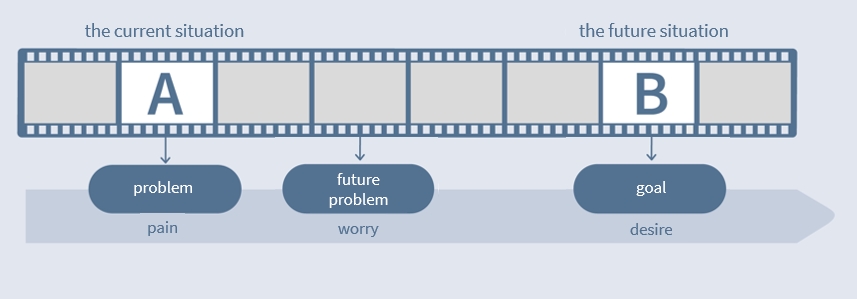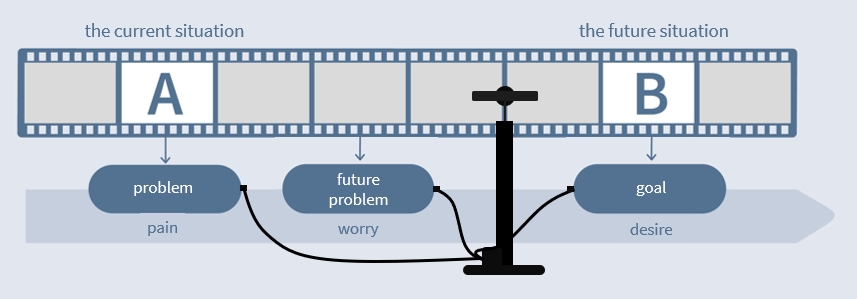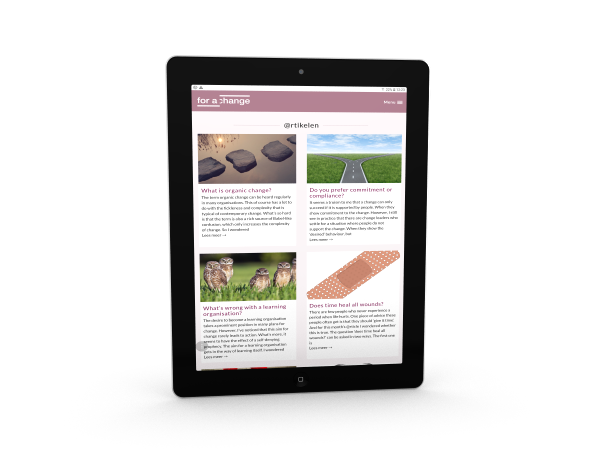Of course not.
Duh.
But sometimes it seems that we go to the other extreme. That we are not allowed to share our fears, because they might spread.
That can never be the intention.
Why not?
Fear is a feeling, and feeling is the engine of change. In my book De functie van frictie (the function of friction) I identify three types of feelings that can motivate people to move: pain, worry and desire.

Worry, or anxiety, is the suffering you fear.
That sounds very negative. Shouldn’t we want to tap into the desire?
No.
You don’t choose a feeling. It is what it is. It’s about gaining insight into your own unique combination of pain, worry and desire. And in that of the other person.
So the feeling needs to be the subject of conversation. Also a feeling of worry. Only by sharing it can you find out if it resonates with the other person’s feeling. Then you can move together.
But isn’t fear a poor basis for decision-making?
Absolutely.
Any feeling, including fear, is a poor basis for decision-making, just as the butcher is a bad baker. Giving advice is not the core business of feelings, but of reason.
We need reason to explore together what wisdom is. To analyse the causes of the problem we are concerned about. To estimate how big the damage will be when it occurs. And to think of promising solutions to turn the tide.
Feelings are the motive, reason is the adviser.
Where is the boundary to sowing fear?
If you know that people are moved by pain, worry and desire, you can also misuse that knowledge. You can scream blue murder to release their pain, you can promise golden mountains to touch their desire and you can create fear by activating their worry.
Then you are not sharing your own feelings, but you are playing with the other person’s feelings. There is a nice word for this: rabble-rousing. That’s exactly what it is: you’re rousing rabble. You’re intervening in the feelings of the other person.

The ethics of changing together is that you leave the other person’s feelings with them. Then he feels safe to put his feelings on the table and he can be open to yours.
So?
Fear is a feeling we’d better take seriously. If we feel it, we should be able to put it on the table. Without playing on the other person’s feelings and with reason as the advisor also at the wheel.

